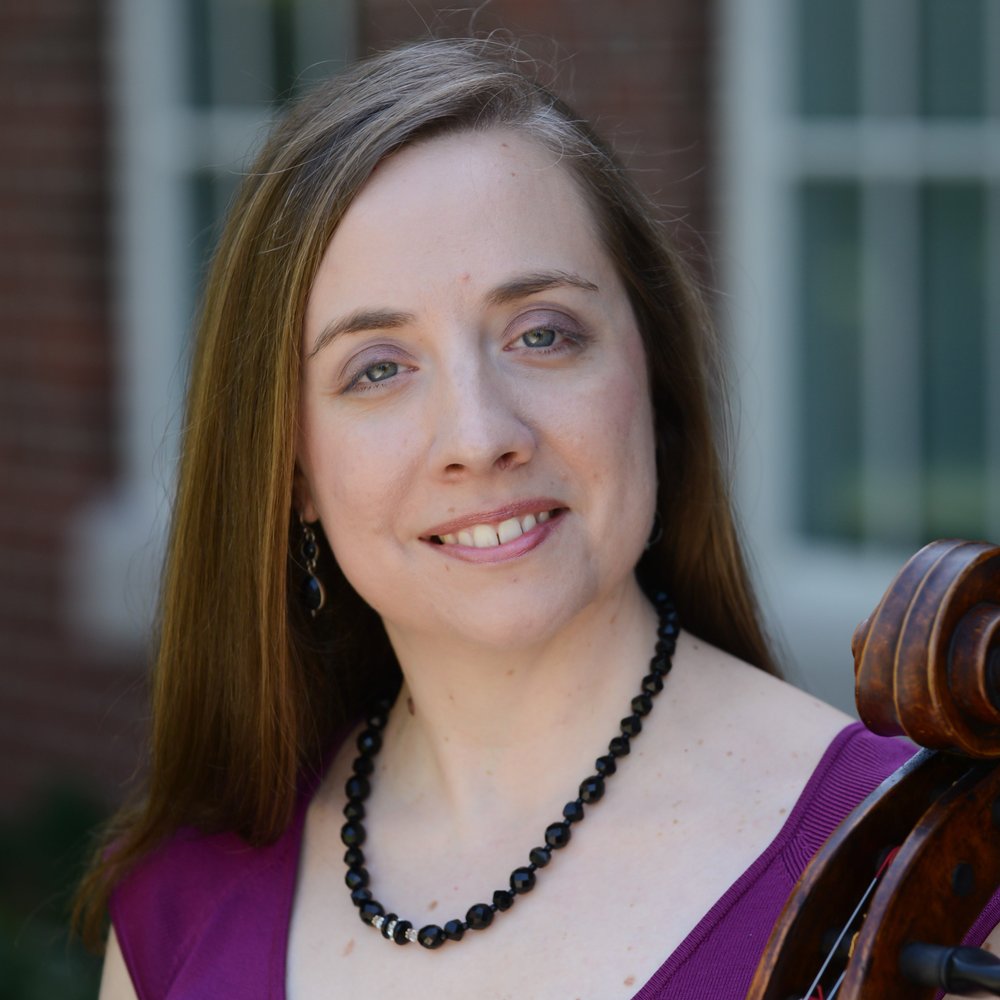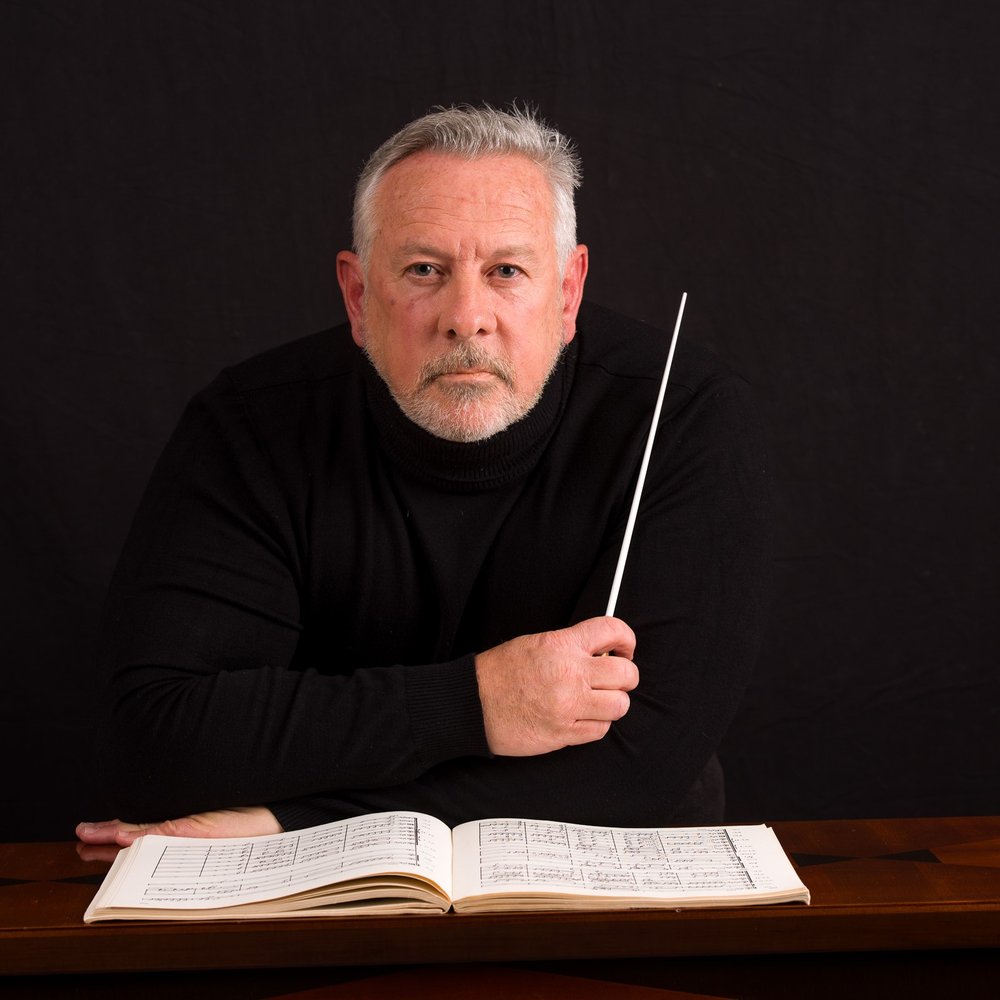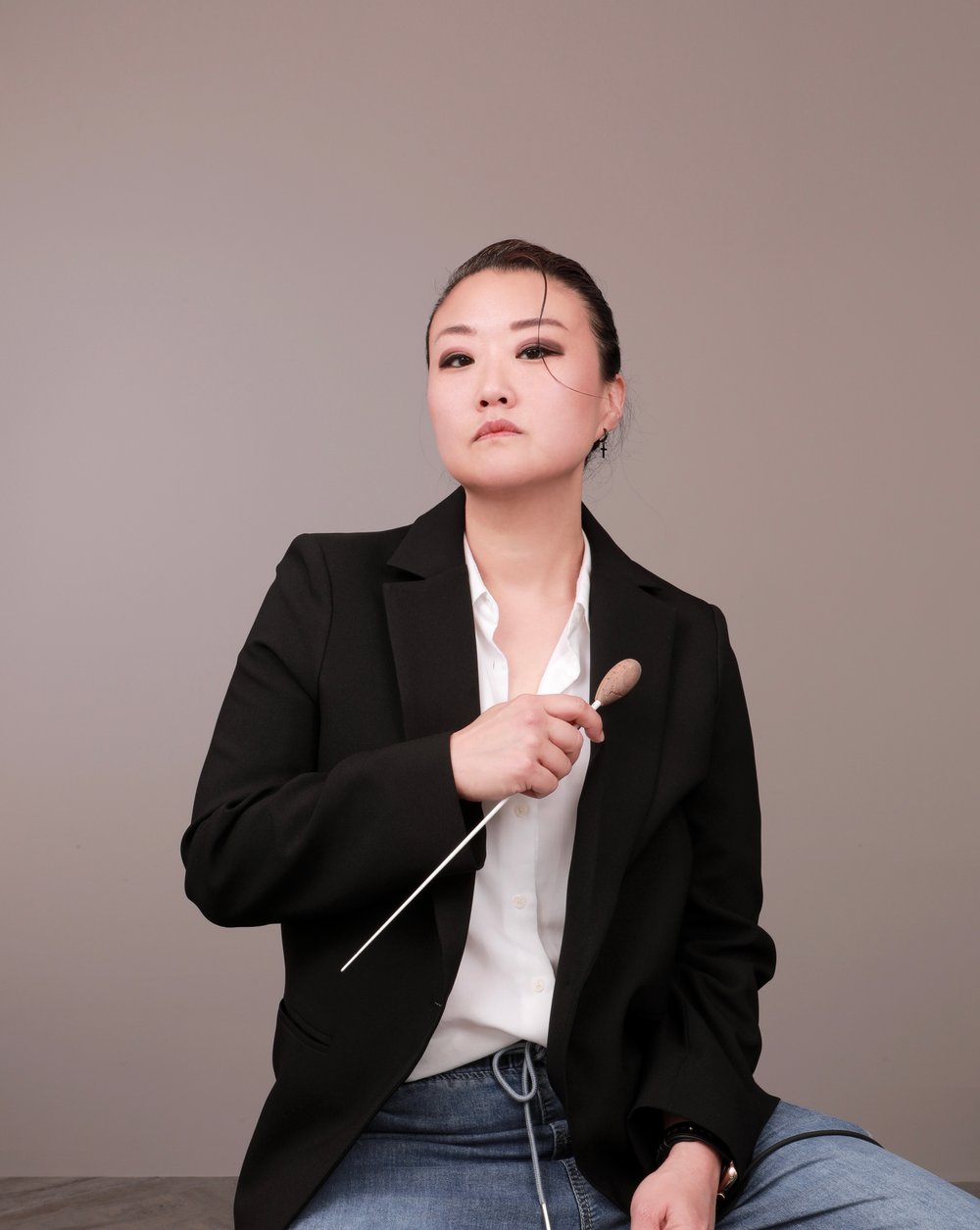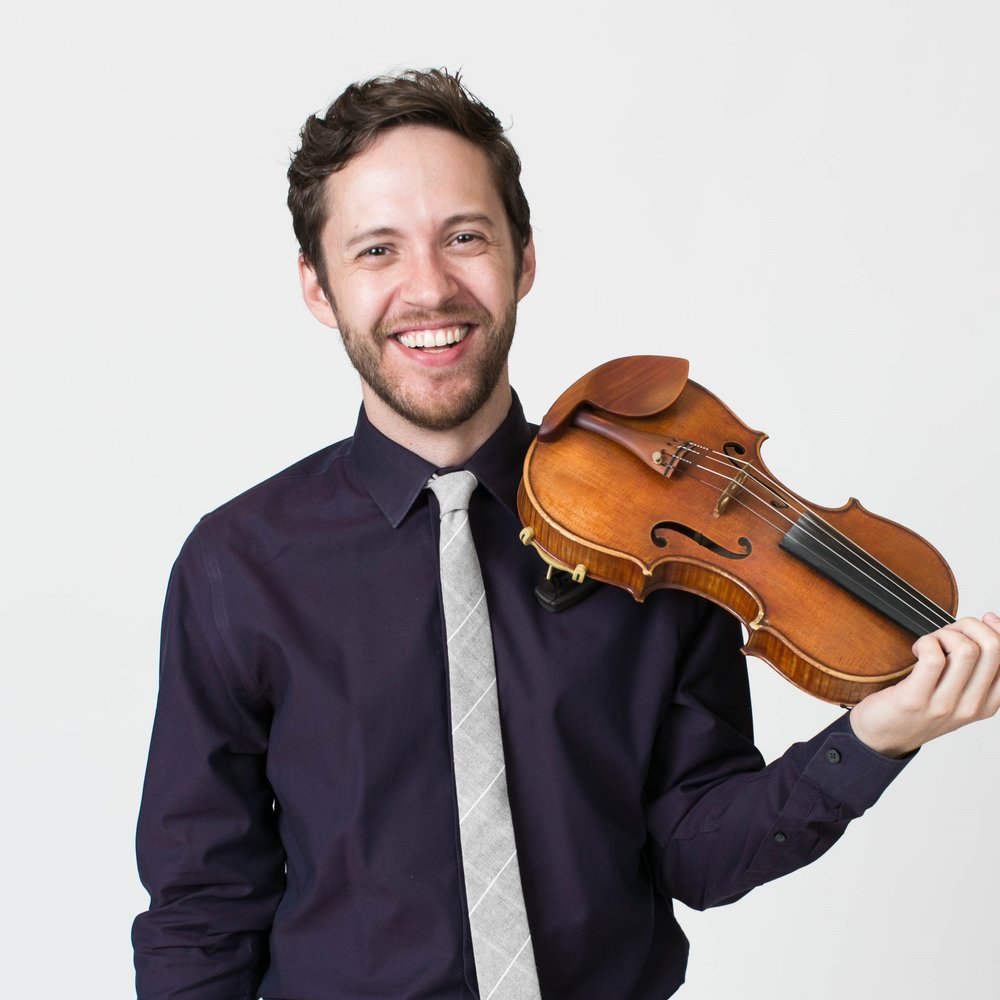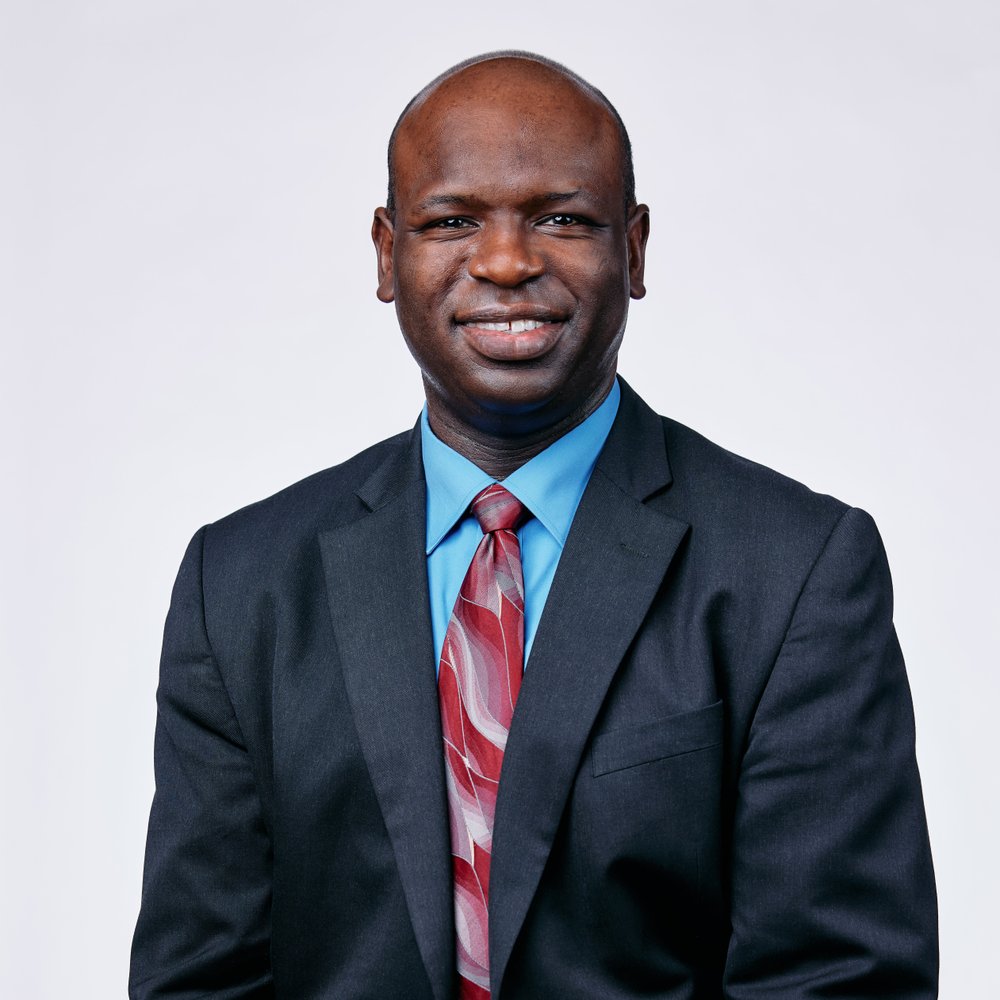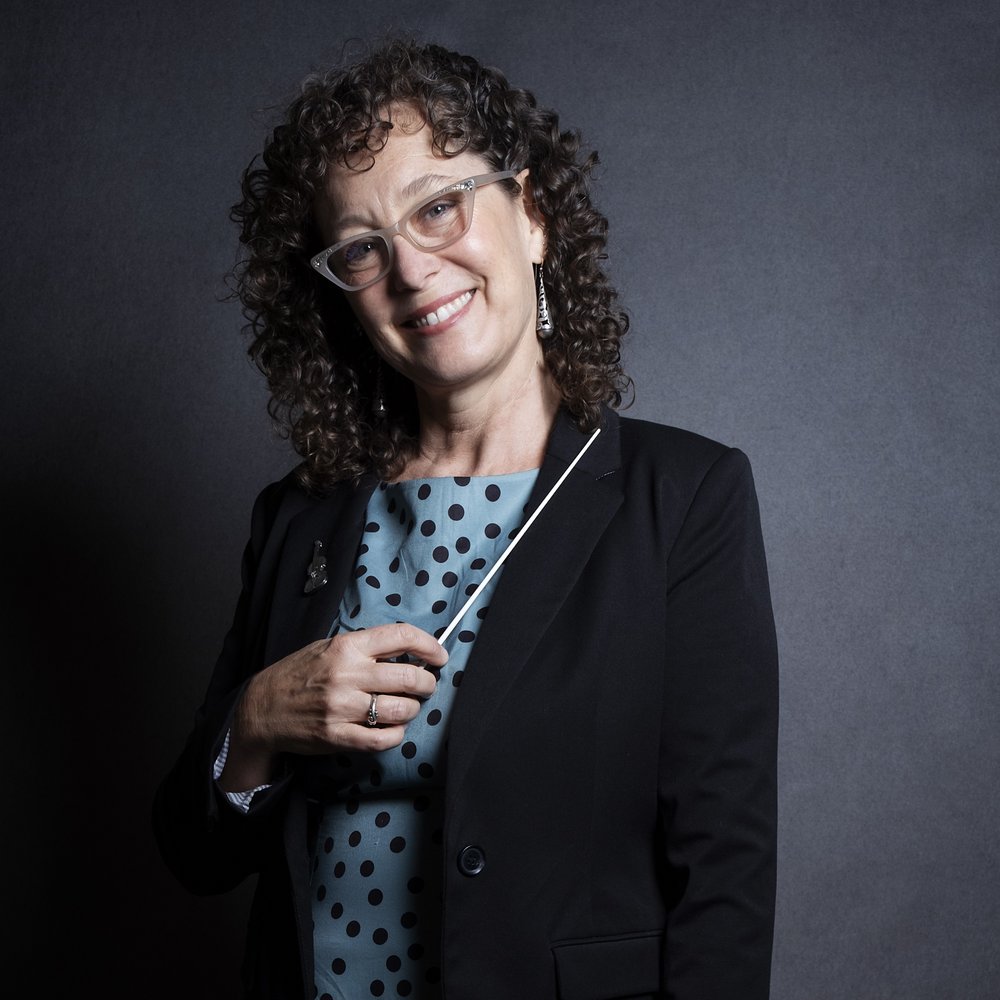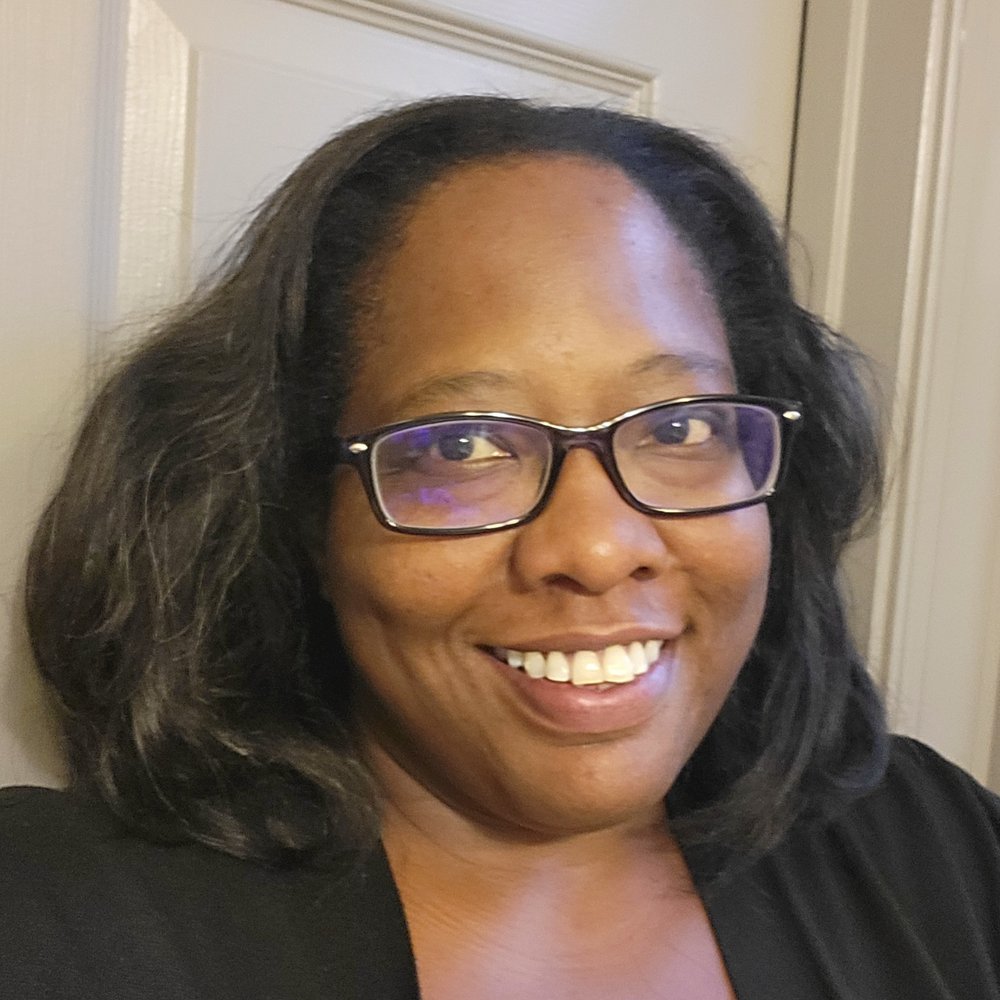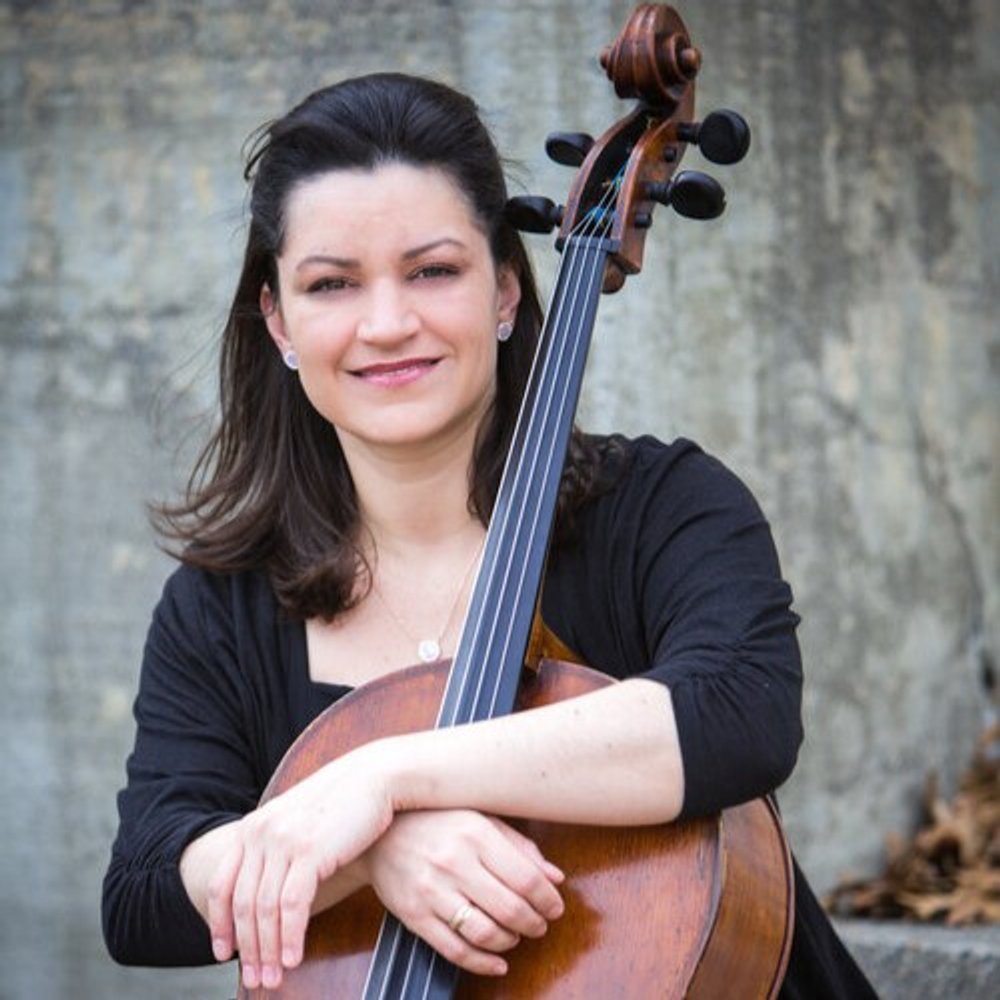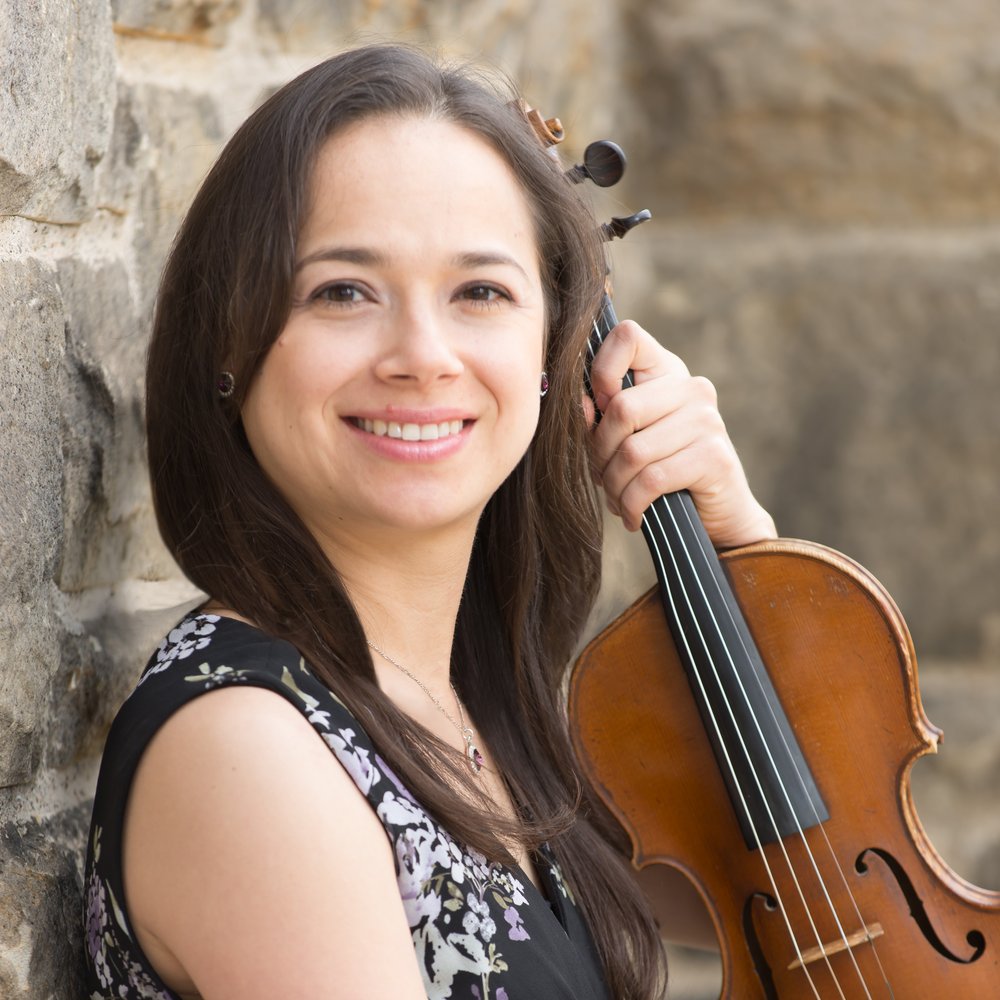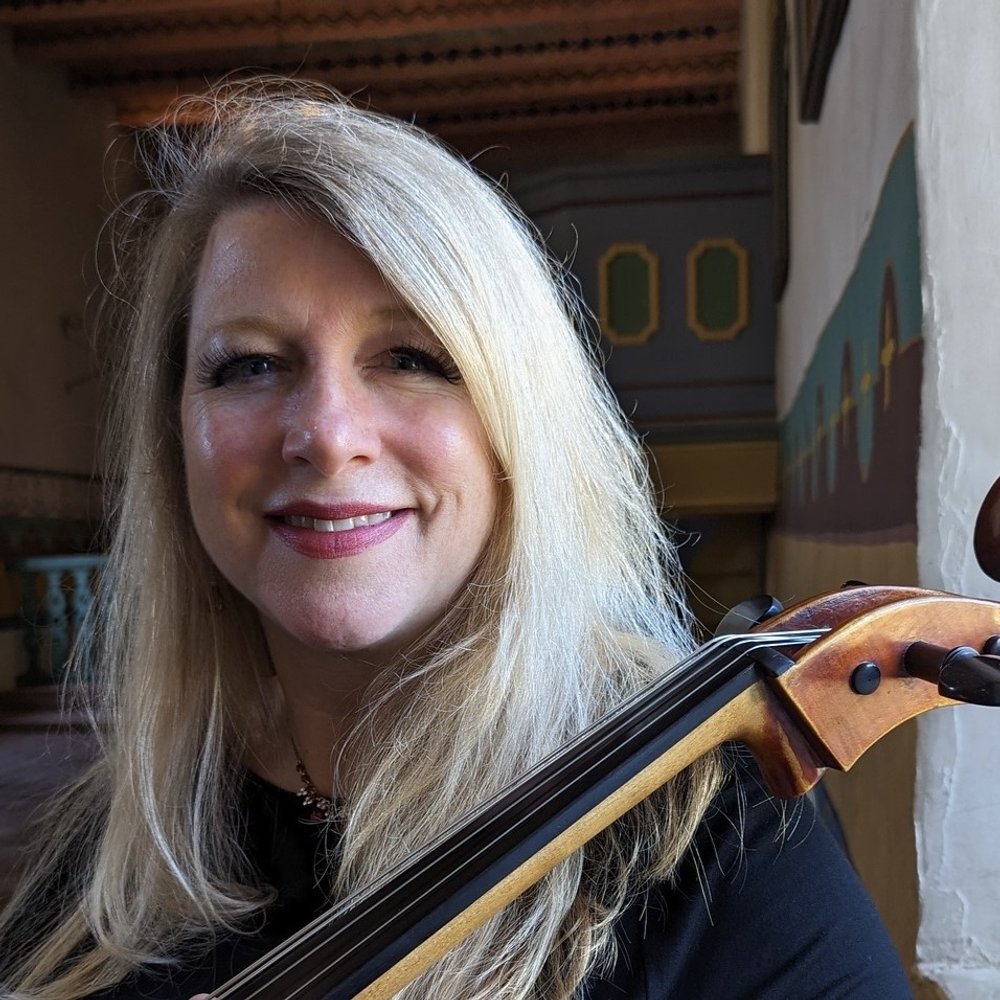
New Music Reading Sessions
Return: Get Involved / Conference & Summit / 2026 National Conference
2026 Call for New Music Reading Session Music
ASTA members are always looking for new music to add to their repertoire. Don't miss this chance to have your works featured during our national conference and through our eLearning webinars. In addition, your work may also be featured in the Music Reviews published quarterly in American String Teacher (AST).
ASTA is collecting submissions of works including pieces categorized by grade level, eclectic styles pieces, and works by historically excluded and women composers for both K-12 string orchestra and applied studio. Submissions will be reviewed by committee and selected to be included in ASTA events including the 2026 National Conference, 2026 Virtual String Teachers Summit, and in virtual new music reading sessions.
ASTA has partnered with the Institute for Composer Diversity to manage outreach and logistics to make certain historically excluded composers and publishers are invited to participate.
Timeline
- August 13, 2025: Call for Reading Session Music Opens
- October 1, 2025: Call for Reading Session Music Closes
- November 1, 2025: Committee Reviews of Submissions complete
- mid-November 2025: Notifications Sent
- December 15, 2025: Deadline to submit hard copies by mail (if piece selected for National Conference; other events will use the score PDF and audio file submitted)
Criteria for Music Submissions
The criteria for repertoire in each reading session is included below. To avoid an overlap in multiple reading sessions, a composition may only be submitted for a single reading session. In the instance when a composition may qualify for multiple reading sessions, the publisher must choose a single reading session in which to submit the composition. Submissions should be new works, arrangements, or editions available. Pieces should not have been submitted for an ASTA Music Reading Session within the last 10 years.
*No Full or Symphonic Orchestra music including instruments outside the string family should be submitted, including chamber music.
K-12 String Orchestra: Repertoire in Grades 1-2
- Submissions must have a copyright date of 2024 or 2025
- Submissions should only include grade 1-2 repertoire (along with 0.5 levels up to 2.5); please note that ASTA members have requested repertoire at the 0.5 and 1 grade levels.
- Submissions can also include repertoire by women and historically excluded composers
K-12 String Orchestra: Repertoire in Grades 3-4
- Submissions must have a copyright date of 2024 or 2025
- Submissions should only include grade 3-4 repertoire (along with levels up to 4.5)
- Submissions can also include repertoire by women and historically excluded composers
K-12 String Orchestra: Repertoire in Grades 5-6
- Submissions must have a copyright date of 2024 or 2025
- Submissions should only include grade 5-6 repertoire (along with levels up to 6+)
- Submissions can also include repertoire by women and historically excluded composers
K-12 String Orchestra: Repertoire in Eclectic Styles
- Submissions must have a copyright date of 2024 or 2025
- Submissions can be any grade level; please note that ASTA members have requested repertoire at the lower grade levels in this submission category.
- Submissions can also include repertoire by women and historically excluded composers
K-12 String Orchestra: Repertoire by Historically Excluded Composers
- Submissions can have any copyright date, preference given to more recent works
- Submissions can be any grade level; please note that ASTA members have requested repertoire at the lower grade levels in this submission category.
- Submissions should be by historically excluded composers only
K-12 String Orchestra: Repertoire by Women Composers
- Submissions can have any copyright date, preference given to more recent works
- Submissions can be any grade level; please note that ASTA members have requested repertoire at the lower grade levels in this submission category.
- Submissions should be by women composers only
Applied Studio: Solo and Chamber Music for Violin and Viola by Historically Excluded Composers
- Submissions can have any copyright date, preference given to more recent works.
- Submissions should be by historically excluded composers only
- Submissions can be for any level, based on the ASTA String Syllabus; please note that ASTA members have requested repertoire at the lower grade levels in this submission category.
Applied Studio: Solo and Chamber Music for Cello, Double Bass, Harp, and Guitar by Historically Excluded Composers
- Submissions can have any copyright date, preference given to more recent works.
- Submissions should be by historically excluded composers only
- Submissions can be for any level, based on the ASTA String Syllabus; please note that ASTA members have requested repertoire at the lower grade levels in this submission category.
Applied Studio: Solo and Chamber Music for Violin and Viola by Women Composers
- Submissions can have any copyright date, preference given to more recent works.
- Submissions should be by women composers only
- Submissions can be for any level, based on the ASTA String Syllabus; please note that ASTA members have requested repertoire at the lower grade levels in this submission category.
Applied Studio: Solo and Chamber Music for Cello, Double Bass, Harp, and Guitar by Women Composers
- Submissions can have any copyright date, preference given to more recent works.
- Submissions should be by women composers only
- Submissions can be for any level, based on the ASTA String Syllabus; please note that ASTA members have requested repertoire at the lower grade levels in this submission category.
ASTA reserves the right to place submissions into sessions based on the volume and instrumentation needs of pieces received to ensure the opportunity for every piece to be read and heard in a session, whether live or virtual. In the submission process, you will be asked for your preference of session placement, which will be taken into consideration.
For chamber music with instrumentation that spans the Applied Studio sessions listed above, the composer/publisher may select which session to submit the piece to, keeping in mind that ASTA may move the submission based on the number of submissions received and overall instrumentation needs of the reading sessions.
ASTA will provide a list of accepted music submissions to all who attend the conference reading sessions, as well as post the list on the ASTA website as a member resource.
How to Submit Music
All music publishers and self-publishers are encouraged and welcome to submit music for consideration. Additional opportunities to exhibit, advertise, and sponsor during the conference are also available!
Publishers and self-publishers may send up to 10 selections with no more than 1 piece of music per category. If you publish multiple labels, you may submit up to 10 selections from each label.
For those pieces selected for the National Conference, hard copies will need to be sent to compile the music reading folders ahead of time (DUE December 15, 2025)
K-12 String Orchestra
- Please provide each piece that is for string ensemble in a Set B or Set C instrumentation. Specifically, we are looking for the instrumentation to be 8 first violin, 8 second violin, 5 viola, 5 cello, and 3 double bass parts plus score. Please also include piano, harp, and percussion parts, if applicable.
- For Eclectic Styles selections, you may submit pieces from beginner (grade 0.5) through advanced high school groups (grade 6+). Pieces with and without solo sections are acceptable. The solos may be either written out or improvised solo sections. If the solo is to be improvised, please include chord symbols in the part. Specifically, we are looking for the instrumentation to be 8 first violin, 8 second violin, 5 viola, 5 cello, and 3 double bass parts plus score. Please also include piano, guitar, harp, and any drum/percussion parts. Piano and guitar parts should preferably include chord symbols in the parts.
Applied Studio and Chamber Music
- Solos: include the solo and piano (if required) parts
- Chamber Ensembles: include all individual parts and a score (if available)
In the case that your submission is selected for a virtual event, we will use the score pdf and audio file that you originally submitted in the call. Please acknowledge by checking the box:
- ASTA has your permission to use and display these files (score PDF and audio file) in the virtual presentation, and
- ASTA has your permission to display the presentation video recording on our platform. Attendees must register for the event to gain access to the recordings of the sessions.
Include the following information for each piece on the submission form:
- session selection
- title
- composer/arranger
- publisher's suggested grade level
- publisher
- publication date
- price
- duration of piece
- score pdf and mp3 for review and clinician preparation
- link to piece listing online
The deadline for music submissions is October 1, 2025
- Complete the 2026 ASTA New Music Reading Session Submission Form
- Once you submit your form(s), you will receive an email from ASTA confirming receipt.
- After the review process is complete, you will receive additional communications about shipping information in November.
Questions? meetings@astastrings.org
2026 New Music Reading Session Clinicians & Schedule
K-12 Clinicians
K-12 Grade 1-2
Lisa Caravan
Eastman School of Music
K-12 Grade 3-4
Stephen Radcliffe
Conductor/Educator
K-12 Grade 5-6
Tammy Yi
Chapman University/LA Philharmonic
K-12 Eclectic Styles
Taylor Morris
Gilbert Town Fiddlers
K-12 Music by Historically Excluded Composers
James Ray
Western Washington University
K-12 Music by Women Composers
Elizabeth Chappell
Texas Tech University
Studio/Chamber Music Clinicians
Historically Excluded Composers - Violin & Viola
LaTannia Ellerbe
Jackson State University
Historically Excluded Composers - Cello, Bass, Harp, Guitar
Bianca d'Avila do Prado
Music Institute of Chicago & Northwestern University Music Academy
Women Composers - Violin & Viola
Catalina Barraza
San Jose State University
Women Composers - Cello, Bass, Harp, & Guitar
Jennifer Kloetzel
UC Santa Barbara
2026 Conference
New Music Reading Sessions Schedule and Clinician Bios
All New Music Reading Sessions will take place in Plaza Room A. There will be a limited number of instruments to borrow for each session, but participants are encouraged to bring their own as well! These instruments must remain in this room.
Thursday, February 26
10:00-11:00 AM: Studio/Chamber Music by Historically Excluded Composers for Violin & Viola
Dr. LaTannia Ellerbe currently serves as the Assistant Professor of Strings at Jackson State University, where she was named the 2024 Humanities Teacher of the Year. Prior to joining the faculty at JSU, she was the Suzuki Strings Director at the Bermuda School of Music. Her students have won competitions, soloed with orchestras, and earned high marks in international performance exams. Dr. Ellerbe earned a Doctorate of Musical Arts from the University of Minnesota under the guidance of Sally O’Reilly; received her Master of Music from the University of North Carolina, Greensboro; and completed her Bachelor of Music from Vanderbilt University as a Chancellor’s Scholar.
12:30-1:30 PM: K-12 Grade 1-2
Lisa R. Caravan is an Assistant Professor of Music Teaching and Learning at the Eastman School of Music in Rochester, NY, where she teaches undergraduate and graduate courses, supervises student teachers, and advises graduate research. As a sought-after clinician, she has been invited to work with orchestra ensembles regionally, nationally, and internationally in London, UK and Perth, Australia. She is the former music director for the Auburn (AL) youth orchestra program and taught instrumental music to students in grades 4-9 in the Rochester, NY area.
2:00-3:00 PM: K-12 Women Composers
Elizabeth Chappell is an Assistant Professor of Music Education and String Project director at Texas Tech University. She received a PhD in Music Education from the University of Texas at Austin and a Bachelor of Music Therapy from the University of Kansas. Prior to her appointment at TTU, Dr. Chappell taught string music education at the University of North Texas and middle school orchestra in Austin ISD. She was awarded National Board Certification in 2013.
3:30-4:30 PM: Studio/Chamber Music by Women Composers for Cello, Bass, Harp, & Guitar
Praised for her “impressively passionate performances” (The Strad) and “ceaseless musicianship” (BBC Music Magazine), cellist Jennifer Kloetzel has performed as soloist and chamber musician at Lincoln Center, the Ravinia Festival and Harpa Concert Hall (Reykjavik), Izumi Hall (Osaka) and the Eroica-Saal (Vienna). A Juilliard graduate and Fulbright scholar, she has premiered over 80 works. With nearly 40 released recordings, Jennifer’s “Beethoven: The Conquering Hero,”was chosen as “Recording of the Month” by BBC Music Magazine. Jennifer is Professor of Cello and Head of Strings at UC Santa Barbara.
Friday, February 27
10:00-11:00 AM: K-12 Historically Excluded Composers
Dr. James Ray is Associate Professor of Instrumental Music Education at Western Washington University, where he also teaches courses in music theory and conducts the WWU String Sinfonia. He is also music director of the Olympic Strings Workshop, and is highly sought-after as a guest conductor, performance clinician, and adjudicator. Dr. Ray has presented at multiple state and national conferences and has published in American String Teacher and the Journal of Research in Music Education.
12:30-1:30 PM: Studio/Chamber Music by Women Composers for Violin & Viola
Dr. Catalina Barraza’s performance and pedagogical experiences encompass orchestral and chamber ensembles in the United States, Chile, Israel, Spain, Mexico, and Colombia. As an orchestral conductor, she has led the Cambrian Symphony, Mason Youth Philharmonic, and New Horizons. An active performer and pedagogue in the Bay Area, Dr. Barraza has performed with the Santa Cruz Symphony and Symphony San Jose, and coached several youth orchestras. She is Assistant Professor of Violin and Viola at San Jose State University.
2:00-3:00 PM: K-12 Grade 5-6
Dr. Tammy S. Yi is a first-generation Korean American conductor, scholar, and educator whose work embodies artistic excellence with social transformation. She is a frequent guest conductor with All-State and international orchestras, collaborating with world-renowned artists and musicians. She serves as Director of Music Education at Chapman University, is on faculty at the Colburn Conservatory, and conducts the YOLA Institute Youth Symphony Orchestra, the flagship El Sistema ensemble of the Los Angeles Philharmonic founded by Gustavo Dudamel.
3:30-4:30 PM: K-12 Eclectic Styles
Eagerly collaborating across genres, Arizona-native Taylor Morris has performed in 48 states and 13 countries as a soloist, alumnus of Barrage, or a violinist/fiddler in various projects. Offstage, Taylor obtained a master's in education from Harvard University. He co-founded/co-directs the Gilbert Town Fiddlers, a nonprofit focused on creative musicianship and youth development, maintains a dynamic multi-style private studio (Suzuki, classical, & fiddle), and is a frequent guest clinician at schools and camps across the country.
Saturday, February 28
10:00-11:00 AM: Studio/Chamber Music by Historically Excluded Composers for Cello, Bass, Harp & Guitar
Brazilian cellist, pedagogue, and composer Bianca d’Avila do Prado is faculty at the Music Institute of Chicago and at the Northwestern University Music Academy. She coordinates the Third Coast Suzuki, a tuition-free bilingual cello program. Bianca holds master’s degrees in Cello Performance and String Pedagogy from Illinois State University and recently completed her Suzuki Teacher Training, being nominated Distinguished Young Teacher by the SAA. She is part of the teams publishing Resonance: A Multicultural Cello Method and 25 Duetos Latinoamericanos.
11:30 AM-12:30 PM: K-12 Grade 3-4
Conductor Stephen Radcliffe was the Harry and Mildred Bemis Endowed Fellow in Musicology at Brandeis University, Director of Orchestra and Opera Programs at the University of Massachusetts, and Staff Conductor of the Boston Lyric Opera, Seattle Opera and Pacific Northwest Ballet. For over a decade he served as Music Director of the Seattle Youth Symphony Orchestra and the Marrowstone Music Festival, and was Director of Orchestral Studies at the University of Missouri and Carleton College.
